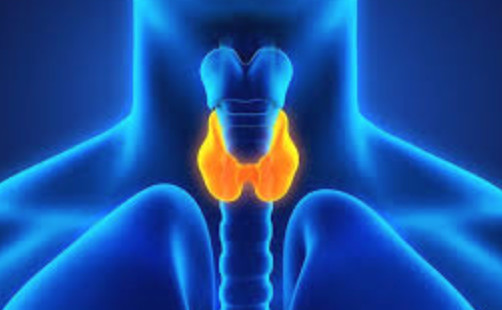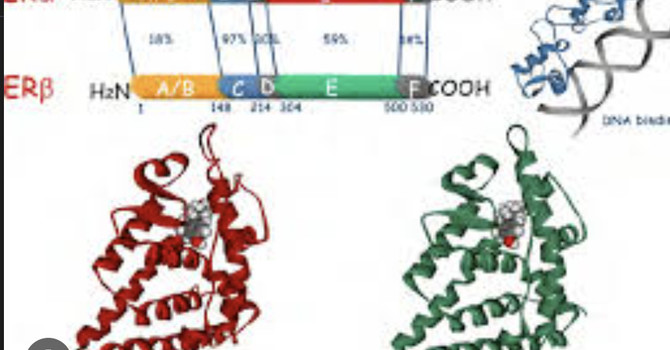
Hypothyroidism, or an underactive thyroid, is a common endocrine disorder where the thyroid gland does not produce enough thyroid hormones. This condition can affect various aspects of health, particularly in perimenopausal and menopausal women. This article aims to educate patients about the signs and symptoms of hypothyroidism, its prevalence among women, the importance of long-term treatment, and the methods of diagnosis and treatment options available.
Signs and Symptoms of Hypothyroidism
Hypothyroidism can manifest through a variety of symptoms, which often develop slowly over time. Early symptoms may be subtle and easily mistaken for other conditions or the natural aging process. Common symptoms include:
- Fatigue: Persistent tiredness and lack of energy.
- Sensitivity to Cold: Feeling unusually cold even in warm environments.
- Weight Gain: Unexplained weight gain despite no changes in diet or exercise.
- Constipation: Difficulty in bowel movements.
- Dry Skin and Hair: Skin may become dry and rough, and hair may become brittle.
- Puffy Face: Swelling around the eyes and face.
- Hoarse Voice: Changes in voice quality.
- Muscle Weakness and Aches: Generalized muscle pain and weakness.
- Menstrual Irregularities: Heavier or irregular menstrual cycles.
- Depression and Memory Problems: Mood swings, depression, and cognitive difficulties.
Prevalence in Perimenopausal and Menopausal Women
Hypothyroidism is particularly prevalent among perimenopausal and menopausal women. Studies have shown that the risk of thyroid disorders increases with age, and women are more likely to develop hypothyroidism compared to men. Approximately 12.7% of postmenopausal women have hypothyroidism, with subclinical hypothyroidism being more common than overt hypothyroidism.The symptoms of hypothyroidism can often overlap with menopausal symptoms, making it challenging to diagnose. Symptoms such as fatigue, weight gain, and mood changes are common to both conditions. Therefore, it is crucial for women experiencing these symptoms to undergo thyroid function tests to rule out or confirm hypothyroidism.
Importance of Long-Term Treatment
Untreated hypothyroidism can lead to several long-term health problems, including:
- Cardiovascular Issues: High cholesterol levels and an increased risk of heart disease.
- Mental Health Problems: Persistent depression and cognitive decline.
- Myxedema: A severe form of hypothyroidism that can lead to life-threatening complications.
- Osteoporosis: Long-term hypothyroidism can contribute to bone thinning and increased fracture risk.
Effective management of hypothyroidism through long-term treatment is essential to prevent these complications. The primary treatment involves thyroid hormone replacement therapy, which helps restore normal hormone levels and alleviate symptoms.
Diagnosis of Hypothyroidism
Diagnosing hypothyroidism typically involves a combination of symptom review and blood tests. The most common blood tests used to diagnose hypothyroidism are:
- Thyroid-Stimulating Hormone (TSH) Test: Measures the level of TSH in the blood. High TSH levels indicate hypothyroidism.
- Free Thyroxine (T4) Test: Measures the level of free T4 hormone in the blood. Low T4 levels confirm hypothyroidism.
- Triiodothyronine (T3) Test: Sometimes used to measure T3 levels, although it is less commonly used for diagnosing hypothyroidism.
In some cases, additional tests such as thyroid antibody tests may be conducted to diagnose autoimmune thyroid conditions like Hashimoto's thyroiditis.
Treatment Options: T4 and T3 Therapy
The standard treatment for hypothyroidism is thyroid hormone replacement therapy. The most commonly prescribed medication is levothyroxine (T4), which is a synthetic form of the thyroid hormone thyroxine. Levothyroxine helps normalize T4 levels and alleviate symptoms of hypothyroidism.In some cases, patients may benefit from combination therapy with both levothyroxine (T4) and liothyronine (T3). This approach is considered for patients who continue to experience symptoms despite optimal T4 therapy. T3 is the active form of thyroid hormone, and some patients may have difficulty converting T4 to T3 efficiently. Combination therapy aims to provide a more balanced hormonal replacement, potentially improving symptom relief.
Importance of Routine Blood Tests
Routine blood tests are crucial for managing hypothyroidism effectively. Regular monitoring helps ensure that thyroid hormone levels remain within the optimal range and allows for timely adjustments to medication dosages. Initially, blood tests may be required every few months, but once stable, annual testing is usually sufficient.
Conclusion
Hypothyroidism is a common condition that can significantly impact quality of life, especially among perimenopausal and menopausal women. Recognizing the signs and symptoms, understanding the importance of long-term treatment, and adhering to regular monitoring are essential steps in managing this condition effectively. Patients should work closely with their healthcare providers to ensure optimal thyroid function and overall health.By staying informed and proactive, individuals with hypothyroidism can lead healthy, fulfilling lives despite their diagnosis.
Dr. Anat Sapan MD, specializing in peri/menopause care, advocates for a personalized approach combining Bioidentical Hormone Replacement Therapy with lifestyle strategies. Her telemedicine services in California, Florida, Illinois and New York. I aim to help women overcome menopausal symptoms and enhance their quality of life.

Anat Sapan, MD
Contact Me



